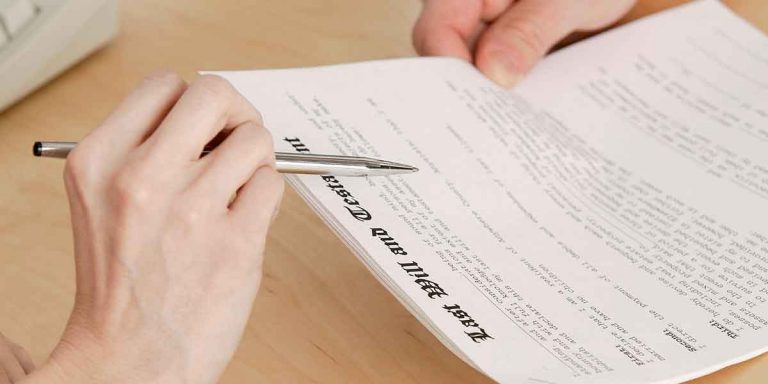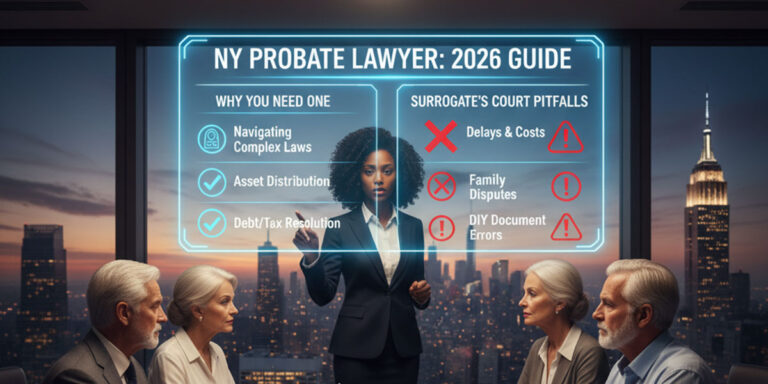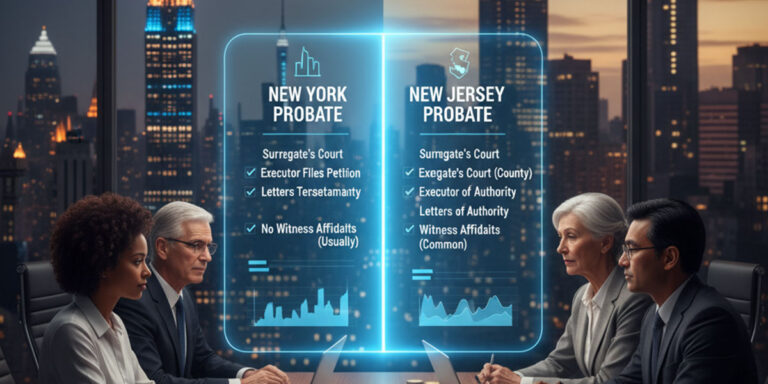1. Modify your whole estate plan
You can change objections of every one of your efforts and with a Trust included you can skirt the probate cycle to save everything straightaway.
2. Choose What You’re Inheriting to your life partner
With regards to acquiring your life partner with your resources after the separation, you want to realize that you need to essentially give half of any of your resources towards the person. With regards to drafting your first Will there’s things you considered sending some legacy to rerouting, you can in any case utilize your administration funds like 401K, retirement plan and other extra security with your trusts. Your truster or yourself approaches these records and can be utilized to make up for lost time with installments through the separation cycle as you save the remainder of your assets or send the portion of cash to your companion.
3. Rundown your recipients
This is the point at which you need to list each recipient among obligations and family you need to give any of your funds too. You can count your ex spouse as a recipient to consequently send installment towards them yet through specific routes you can always look over.
4. Settle on your representative
An agent to arrange your money is recorded on your Will. With an agent through a power of attorney or your truster through a trust, it’s vital to have somebody who’s capable to do so. These are individuals who will be dealing with everything significant to your accounts and should be an individual you trust.
5. Revise Your Will
When it comes to rerouting your recipients, considering one expert or truster to help complete your Will.
6. Get An Estate Lawyer
You really want to show this draft of the Will to an Estate Planning Lawyer so the person can call attention to any mistakes. An Estate Planning Lawyer can likewise add more resources you weren’t aware of. This sort of attorney can likewise prescribe what resources ought to go to which recipient for your advantage.
7. Tell Truster Of New Designated Beneficiaries
Since everything has changed, your truster or yourself will send your installments towards recipients with changed estimating and another arrangement that works for everyone.
8. Approach Your Lawyer For Additions Of Assets towards your Will and Trust.
A legal advisor has the mastery to call attention to any blunders in a record and can even add more resources. This will assist you with getting more out of this experience.
9. Make a copy of the file for the lawyer and yourself. Copy is stored in fireproof safe.
Now that you have everything on file. Make a copy of the document and keep it in a safe place. The lawyer will also hold a copy to ensure legitimate proof of your estate plan.
FAQ
- Should I Update My Estate Plan?
Your plan ought to be investigated at regular intervals however this may require changes in case you’re engaged with marriage, bear any children or sought legal separation. This is because of laws inside the state and presently who’s included.
2. Would it be a good idea for you to keep away from probate?
There’s an arrangement when needing to keep away from a probate and it’s because of hanging a tight year for courts endorsement or in any event, having the courts endorsement as opposed to your own. Both these things can heap more charges on top of the record the more conflicts arise. It is important to utilize the probate since, supposing that you’re glancing through the document as opposed to a lawyer, you will be inclined to errors and more charges that the lawyer could of spotted. Impending missteps can likewise make the recording be longer than it ought to. So you shouldn’t stay away from any probates unless you’re making a Trust.
3. What is a Testamentary trust?
A testamentary trust is a a trust that is formed after a persons passing and is instructed or assigned according to the last Will. It is also considered a third-party if it is someone assigned as a trustee rather a family member. Then that person would have the right to move the assets around.
4. For what reason do I really need a lawyer to compose a Will?
A lawyer is important to forestall future slip-ups that the lawyer oneself is more mindful of. Needs in your Will might be to ambiguous to support in court and that is just one of numerous instances of when that can happen. The issue here is that any errors found in the Will needs to go through a postponed probate process. Note, a probate can take as long as a year and extra charges added upon these postponements. So it’s pivotal that you get a lawyer to forestall further struggle.
5. Would I be able to create a plan all alone?
You are allowed to make your own arrangement however doing so would have you leave any significant errors and is a decent possibility that will happen on account of specific law terms you wanted to raise with an actual lawyer. So making your own arrangement might be an invalid one.
6. Should my spouse and I file a joint tax return?
When filing a joint tax return you have an easier time with filing taxes and you have a deduction of fees included. With separate accounts you and your spouse would have to do your own paperwork. With a joint tax return things would be much easier and you can save money.
7. How long does probate take in New York?
If you have an uncomplicated Will with every statement clear and destination of all assets addressed then the process can take between 3 to 6 months. Though so,e cases can be complicated when it comes to disagreements in the Will or any updates that needs to be changed. This process can take up to years depending on how long the modification and needs take.
8. What happens when someone dies without a will in New York?
Without a Will, your family would have to discuss with who gets what assets and with other beneficiaries involved can make this case more expensive. A will is very important to make things organized and give less strain to everyone within the family.
9. Can I work part time and collect unemployment in New York?
Yes you can! You would have to work 30 hours or fewer and make at least less than $504.







